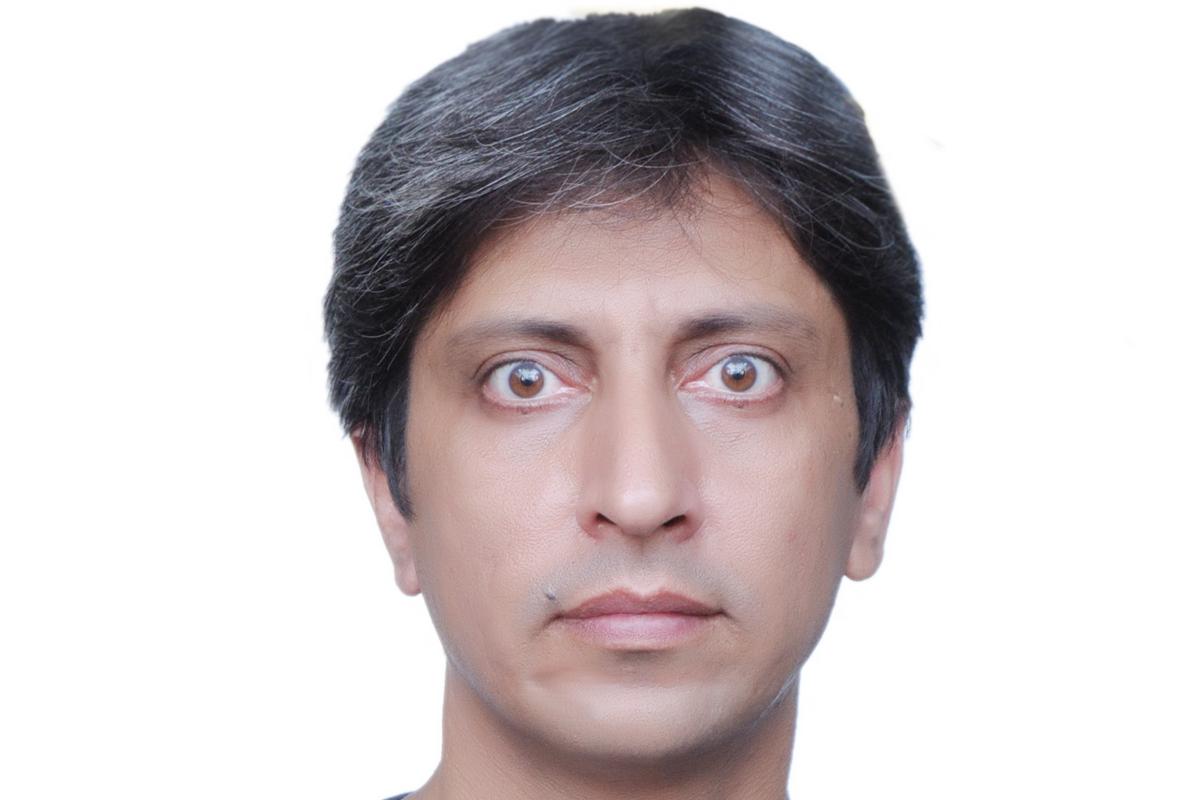
Rethinking Cellular Networks for Latency-Sensitive Edge Applications
Abstract:
5G and the next generations of cellular networks aim to support latency-sensitive applications, such as safety applications for connected and autonomous vehicles, augmented and virtual reality, remote surgery, and multiplayer online gaming. These applications have a stringent delay budget, typically under a few tens of milliseconds. To enable such applications, edge computing is considered a key pillar in 5G. Although edge computing can significantly reduce application delays, there are still fundamental challenges to supporting latency-sensitive edge applications over 5G.
One key limitation is the design of cellular core networks. A crucial component of the cellular core is the control plane. The time required to complete cellular control plane operations (e.g., mobility handover, service establishment) can directly impact the delay experienced by end-user applications. Measurement studies on 5G/4G networks show that cellular control plane operations are slow, frequent, and can cause delays in data services. Moreover, faults, including failures and stragglers, in the cellular control plane can significantly degrade applications' performance. We design and implement a new cellular control plane to provide users with an abstraction of reliable access to cellular services while ensuring lower latency in both fault-free and fault scenarios. Our proposed designs reduce control plane operations completion time by more than 3.1х and 3.8х in fault-free and fault scenarios, respectively. These improvements can translate into better application performance, resulting in reduced missed application deadlines by more than 90% for autonomous vehicles and virtual reality-based applications.
Secondly, a significant fraction of latency-sensitive edge applications is expected to be highly mobile applications, e.g., safety applications for connected vehicles, real-time mapping and localization applications, and mobile augmented and virtual reality. However, one challenge with hosting mobile applications on the network edge is ensuring that users continue to experience low delays as they move across different locations. This, in turn, requires the support to handover clients to different edge sites with negligible delays. However, migrating stateful applications over 5G can cause significant application downtime. We consider the problem of enabling stateful mobile edge applications over 5G networks. We identify the key architectural issues and propose a new system architecture to address them. We implement the proposed system and modify two real open-source latency-sensitive edge applications to use our system. Our evaluation of the proposed design on real edge applications shows up to a 15.4х reduction in application downtime during mobility.
List of Publications
Conference Publications:
Mukhtiar Ahmad, Muhammad Ali Nawazish, Muhammad Taimoor Tariq, Muhammad Basit Iqbal Awan, Muhammad Taqi Raza, and Zafar Ayyub Qazi. "Enabling emerging edge applications through a 5G control plane intervention." In Proceedings of the 18th International Conference on Emerging Networking EXperiments and Technologies (ACM CoNEXT 2022), pp. 386-400. 2022.
Mukhtiar Ahmad, Syed Usman Jafri, Azam Ikram, Wasiq Noor Ahmad Qasmi, Muhammad Ali Nawazish, Zartash Afzal Uzmi, and Zafar Ayyub Qazi. "A low latency and consistent cellular control plane." In Proceedings of the Annual Conference of the ACM Special Interest Group on Data Communication on the Applications, technologies, architectures, and Protocols for computer communication (ACM SIGCOMM 2020), pp. 648-661. 2020.
Mukhtiar Ahmad, Wasiq Noor Ahmad Qasmi, Syed Usman Jafri, Ridah Naseem, Muhammad Ali Nawazish, Muhammed Azam Ikram, Zartash Uzmi, and Zafar Ayyub Qazi. "Fast EPC: A Low Latency Cellular Control Plane." In Proceedings of the ACM SIGCOMM 2019 Conference Posters and Demos, pp. 107-109. 2019.
Mukhtiar Ahmad, Faaiq Bilal, Mutahar Ali, Muhammad Ali Nawazish, Amir Salman, Fawad Ahmad, and Zafar Ayyub Qazi "EdgeCat: A New System Architecture for Enabling Stateful Mobile Edge Applications Over 5G." [under review in ACM CoNEXT].
Journal Publications:
Mukhtiar Ahmad, Syed Muhammad Nawazish Ali, Muhammad Taimoor Tariq, Syed Usman Jafri, Adnan Abbas, Syeda Mashal Abbas Zaidi, Muhammad Basit Iqbal Awan, Zartash Afzal Uzmi, and Zafar Ayyub Qazi. "Neutrino: A fast and consistent edge-based cellular control plane." IEEE/ACM Transactions on Networking (2022).
Mukhtiar Ahmad, Muhammad Ali Nawazish, Muhammad Taimoor Tariq, Muhammad Ahmed, Muhammad Basit Iqbal Awan, Muhammad Taqi Raza, and Zafar Ayyub Qazi "CellClone: Accelerating 5G Applications with Active Control Plane Clones at the Edge." [under review in IEEE/ACM Transactions on Networking].
Final Thesis Defense Committee:
Dr. Fawad Ahmad (Assistant Professor, External Thesis Committee Member)
Affiliation: Assistant Professor, Department of Computer Science, Golisano College of Computing and Information Sciences, Rochester Institute of Technology, USA.
Dr. Basit Shafiq (Associate Professor, Thesis Committee Member)
Affiliation: Associate Professor, Computer Science Department, Syed Babar Ali School of Science and Engineering, LUMS, Pakistan.
Dr. Muhammad Hamad Alizai (Associate Professor, Thesis Committee Member)
Affiliation: Associate Professor, Computer Science Department, Syed Babar Ali School of Science and Engineering, LUMS, Pakistan.
Dr. Zartash Afzal Uzmi (Associate Professor, Thesis Committee Member)
Affiliation: Associate Professor, Computer Science, and Electrical Engineering Department, Syed Babar Ali School of Science and Engineering, LUMS, Pakistan.
Dr. Zafar Ayyub Qazi (Assistant Professor, Ph.D. Advisor)
Affiliation: Assistant Professor, Computer Science Department, Syed Babar Ali School of Science and Engineering, LUMS, Pakistan.

